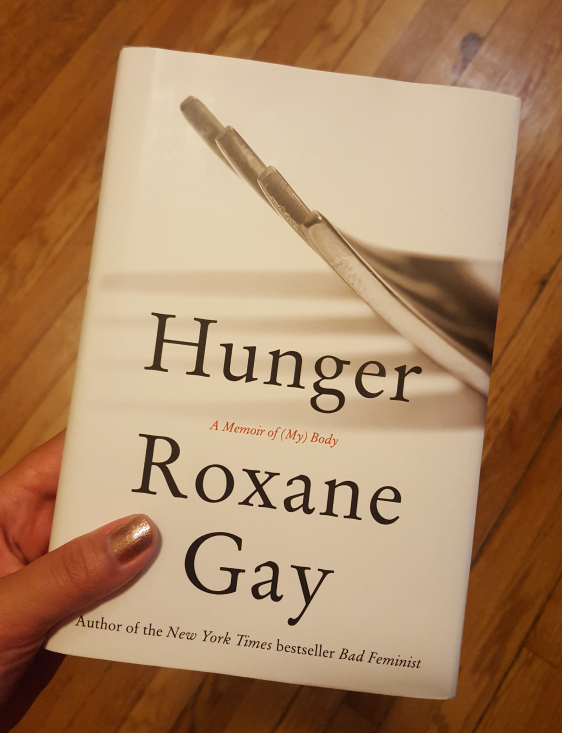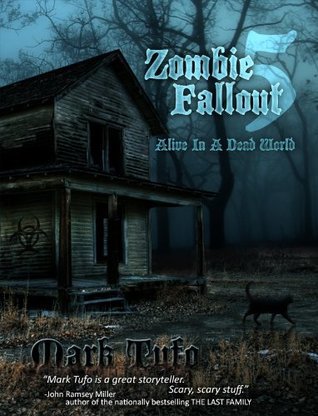Hunger: A Memoir of (My) Body by Roxane Gay
creative nonfiction | a memoir in 88 essays | 2017
read it if you want: honest and straightforward prose, delicate discussion of trauma with a few smiles

I was supposed to go see Roxane Gay read from Difficult Women, her last short story collection, back in December, but it didn’t work out. A few weeks ago, I saw on Facebook that Roxane was coming to the Chicago Humanities Festival to do a reading and Q&A at a school just a few blocks from my internship. I pounced on the ticket button and strolled over after work by myself on a Monday.
The auditorium was packed with femmes, many of them black and brown, many of them of size. Roxane read from Hunger in her smooth voice, higher and gentler than the assertive tones in which I have always read her work. Hunger maintains the assuredness that Roxane’s sparing use of contractions offers while singing in vulnerability. The experiences explored in the memoir and Roxane’s prose itself prove it is possible to be impossibly soft and impossibly strong at once. The event itself was inspiring, irreverent, and joyful. I started reading the book shortly thereafter, not really knowing what I was getting myself into.
Hunger is a candid account of Roxane’s experience with sexual assault that fed into her complicated relationship with her body. She explains the journey through gaining hundreds of pounds and trying, and failing, and trying again to love herself, to assure herself she is allowed to take up space, to move through the world with dignity and confidence.
I know that Megan Stielstra, a former professor of mine whose work I love, loves Roxane Gay (and given the fact that Roxane blurbed Megan’s new book, the love seems mutual). I see parallels in their writing. They both write they way they speak, Megan in her acidic earnestness and Roxane in her paradoxical matter-of-factness. Their work is accessible, full of breath, and feels like they are sitting across the table from me, coffee in hand, offering me a bit of soul.
And they both love to new-paragraph a last thought for emphasis.
Each brief chapter stands alone as a separate essay, but they are cumulative. Roxane deliberately chooses what piece of information to reveal when, such that the story of her body appears only more or less in chronological order with different throughlines condensed into separate sections of the book. This structure allows for maximum clarity and emotional density–a density I wasn’t expecting to affect me as profoundly as it did. Though I am neither a sexual assault survivor nor a fat woman, I experienced great empathy throughout and staggering self-reflection in some of the chapters related to the act of eating. This book felt something like breaking a bone to reset it so that it can heal properly. It hurt, but productively.
Roxane’s memoir isn’t a transformation story. It doesn’t try to be. Instead, it tries to reflect love onto its author, a different attitude toward a mostly static situation. It’s mostly very heavy but manages to be on the whole encouraging, primarily because it is filled with the attempt.
Keep reading,
Pauline





